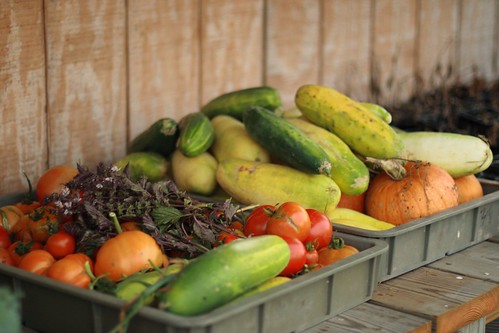 |
| Source: surfmobee.com |
OK, OK, so now I get what all the excitement was about. Smart phones are pretty cool. So far I've discovered a couple easy ways to make CAS reflection easier and more immediate using a smart phone or a tablet computer.
For each of these tricks, you will need to set up your blog's email address. This is really easy.
Setup your blog's email address:
1. Go to your blog.
2. Go to "Settings" and select "Mobile and email".

3. Type in a secret word in the space provided to create your blog's email address.

4. REMEMBER it! Or better yet, save it in your contacts.
Then, use one of these tools to capture your reflection.
Voice Recording
The
SoundCloud app (available for iPhone, iPad, and Android) allows you to voice-record your reflection right on your smart phone or tablet computer and then send it to your blog's email address where a link to your voice recorded reflection will appear.
You can login with Facebook but it might do weird things like publish your recordings to your wall. Even if you don't, it may try to make you share it on Facebook but you can navigate around until you see an orange @ icon. That will allow you to email the voice-recording.
You don't even have to go to your blog to post on your blog!
Anything you record on SoundCloud will be available to you at
SoundCloud.com and there you can actually embed the snazzy looking player you see below instead of just a boring link.
Video
You can also use your smart phone or tablet computer to take a video of you reflecting on the activity or of you participating in the activity. Then you can email the video to your blog's email address and it will publish the video in a new blog entry.
In the subject line, write the title of the post.
You can always go in to your blog later and edit the post to add a description or captions.
Lastly,
Reflection does not have to be a completely isolated activity. Reflection can be done in a group, with your teammates, with your supervisor, with your parent. Sometimes it's easier to reflect in the form of a conversation. Both of these tools can be used with either individual reflection or group reflection.
What do you think? Do you think these tools will make it easier for you to reflect with pictures, video, and voice-recordings?














